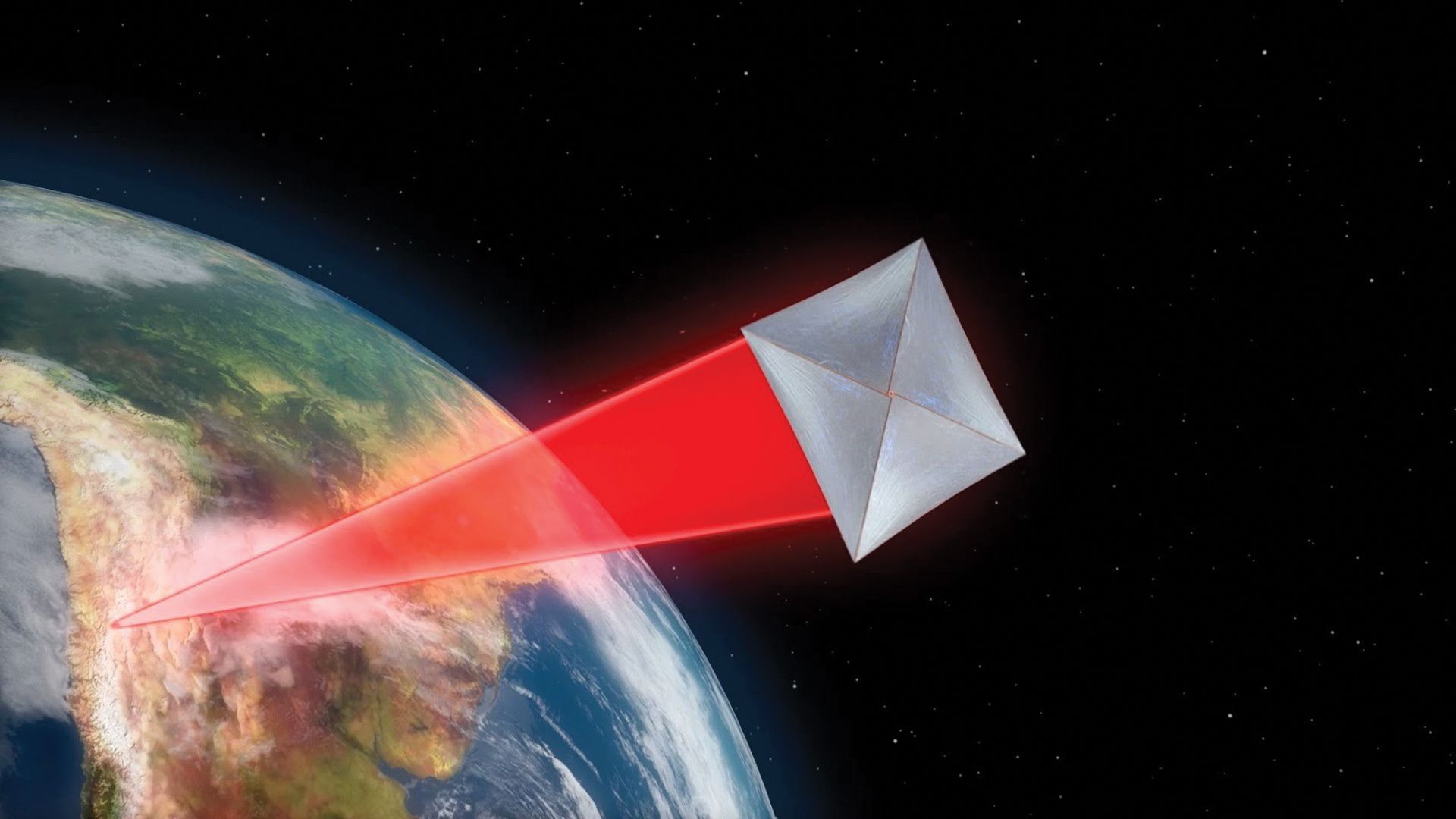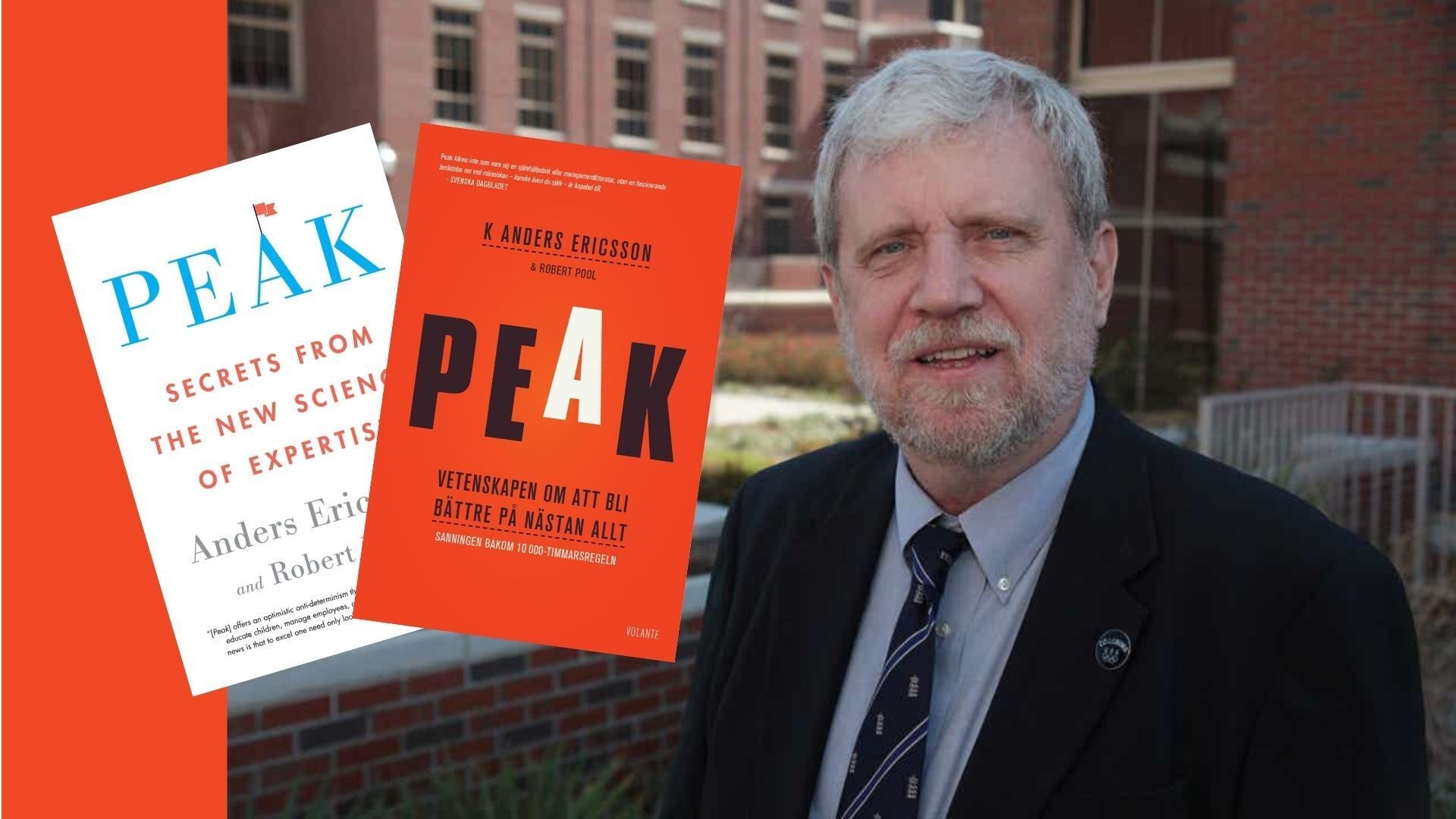✍🏼 Essays
Every week you get a thought-provoking essay on how you can understand and create the future.
👩💻 The internet's third era
The internet's first era was open platforms. In the second era huge, more closed, companies were built on top of those platforms. Now when we enter the third era, we can again create a more open internet.
🛢️ Oil & gas - The largest and best disruption ever
Six of the world's ten largest companies are in the oil & gas industry. But clean energy is now destroying their business model in the biggest - and best - disruption of an industry ever. If you want to have a positive impact on the world, and become richer than an oil sheik this is the place to be.
🤖 What have you named your robot vacuum cleaner?
What happens when people are told to smash and destroy a cute robot-dinosaur called Mr. Spaghetti? MIT researcher Kate Darling tested five groups of people and the results say a lot about or relationships with robots - and why we name them.
📱 Non-violent resistance - the smartphone is mightier than the sword
To overthrow a dictatorship you need violence, right? Not if you want to increase your chances of success. Non-violent campaigns are twice as likely to succeed than violent campaigns in overthrowing oppression. And with social media and the smartphone a new weapon has emerged for the oppressed.
🌠 Starshot could spread life to other star systems
Project Starshot aims to send tiny spacecraft to our closest star system, Alpha Centauri at a speed of 20% of light speed. This opens the possibility of also sending life into space.
🏎️ Self-driving cars shapes up to be a three-way race
Is the self-driving race shaping up like the smartphone race, with two or three dominating software systems and many hardware makers? It sure looks like it.
🥇 Peak and the extraordinary potential of human beings
There no such thing a "10,000 Hour Rule" to become a world-class expert. But with deliberate practice (for many hours) everyone has the potential to become an expert. Professor K Anders Ericsson has shown us the enormous talent and potential in every human being.
🚀 Going to space will cost only $2,000
Traveling to space today costs tens of millions of dollar, but within a couple of decades it can be as cheap as $2,000.
👴🏻 This is how I will live to be 122 years old - at least
I'm going to try to live to the age of 122. Then I think and hope that we have achieved a breakthrough that will allow life to be extended even further. It's not science fiction, the breakthrough is close, says David Sinclair, professor of genetics at Harvard.








